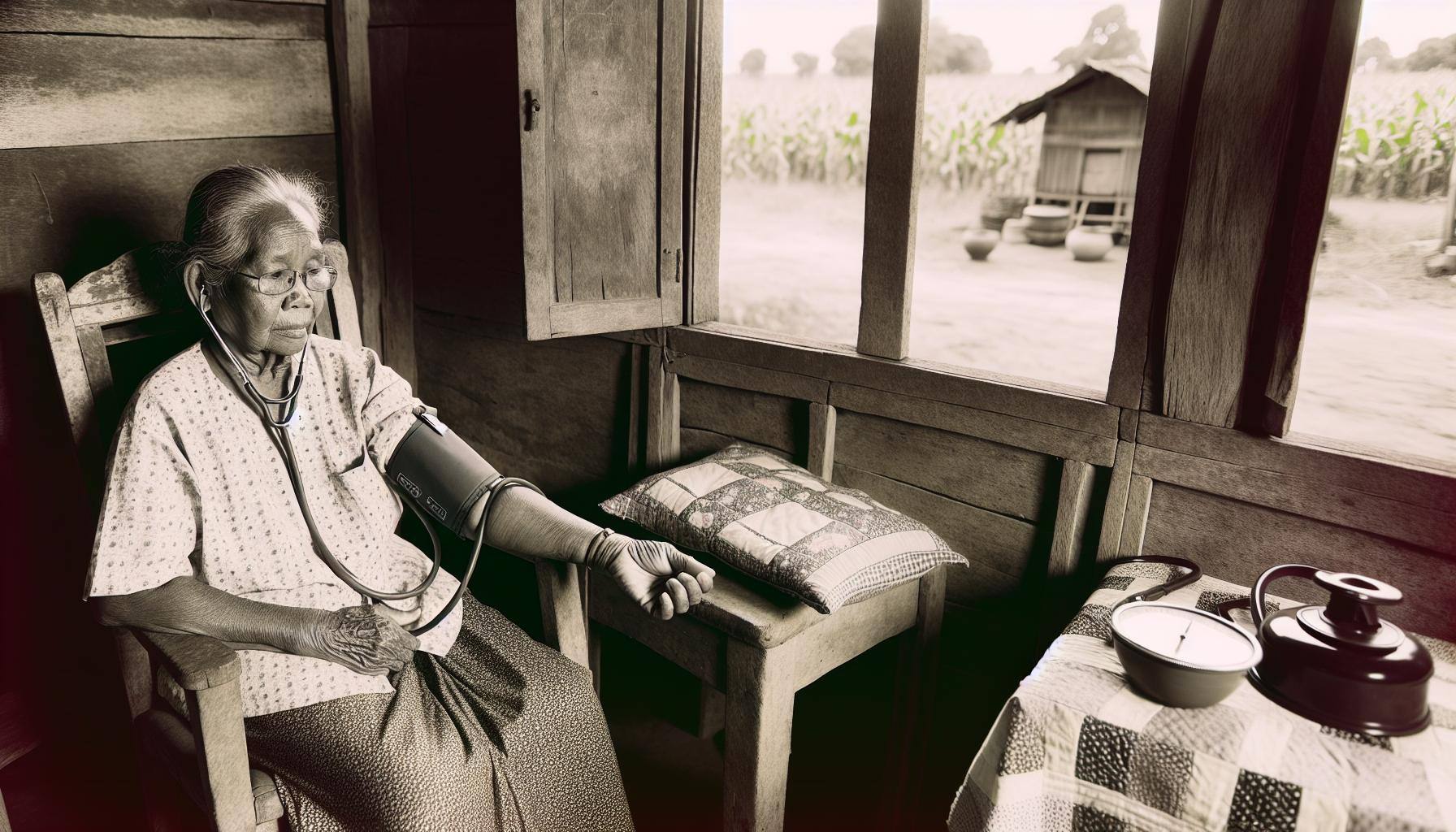New RPM opportunities for FQHCs and RHCs

Federally Qualified Health Centers (FQHCs) are designed to help underserved patients access care regardless of their ability to pay. However, many of these FQHCs are trying to manage very large volumes of patients and traditional fee-for-service care does not incentivize preventative care. Some FQHCs may spend more time treating more clinically complex patients while others provide primary care and wellness services with inadequate reimbursement.
As CMS continues to introduce new codes that provide value-based care, FQHCs and Rural Health Clinics (RHCs) are also seeing changes in the 2025 Medicare Physician Fee Schedule Proposed Rule that could provide a positive impact.
The 2024 bundled G0511 code
The 2024 Physician Fee Schedule allowed FQHCs and RHCs to bill RPM and RTM under the HCPCS G0511 code, that also included Chronic Care Management (CCM), Principal Care Management (PCM), and Behavioral Health Integration (BHI).
FQHCs and RHCs could bill G0511 for different services provided all requirements were met and no time was double counted. The rule was generally interpreted as only being able to bill G0511 for each service, such as CCM and RPM once. This meant an FQHC was not paid for CCM services over 20 minutes even though many patients have complex clinical conditions that required additional time. The G0511 reimbursement was a weighted average of bundled services. This bundled approach created billing confusion and when CMS solicited feedback, interested parties wanted separate codes for each service.
A new approach to 2025 codes
With the 2025 Medicare Physician Fee Schedule Proposed Rule, CMS is breaking up G0511 and providing different codes for CCM, PCM, RPM, and more within G0511. This essentially allows FQHCs to bill for these services like other practices. And while the reimbursement per instance will decrease for some services relative to the weighted average bundle, they now have the opportunity to bill more codes for patients that require more care time.
This approach also enables FQHCs and RHCs to utilize the new ACPM codes. With GPCM1, FQHCs and RHCs can potentially expand their total reimbursement by billing for non-CCM patients. For FQHCs and RHCs that were providing unreimbursed primary care and wellness services, the new value-based care approach can start reimbursing the often-financially constrained FQHCs and RHCs for these services.
Likewise, FQHCs that were going beyond the 20-minutes to provide the right care to patients will begin to see additional reimbursement.
An opportunity for RPM companies
FQHCs and RHCs often face financial limitations that make launching new programs difficult. The higher reimbursement and shift towards rewarding preventative care can help these organizations increase their proactive care. For FQHCs and RHCs that have started RPM programs but struggled with adequate staffing to drive engagement, now could be the perfect time to introduce full-service RPM. Distinct reimbursement for RPM could justify the higher cost of a full-service solution.
The right devices for FQHCs and RHCs
Expanding RPM at FQHCs and RHCs requires the right devices. Underserved and rural patients typically prefer simple devices but they need to work in areas with limited cellular service. Continua Systems offers high-quality, multi-network cellular device options that are easy-to-use and provide greater coverage in more rural areas. If you want to expand your FQHC and RHC RPM programs, contact us to learn more about device options for these patients.



